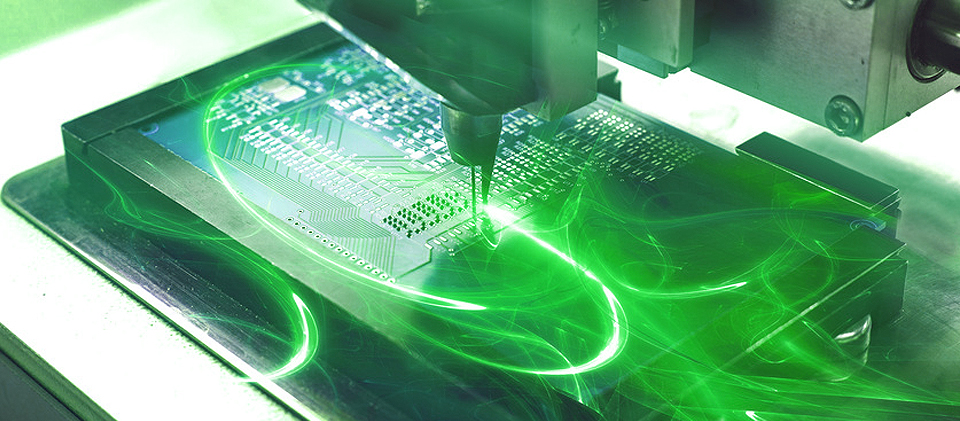Definition of Machine and Process Capability

MCA and PCA

Random Influences
Random influences are the normal noise of the process. They are caused by variations in machine performance and materials used. Random influences are not adjustable. This means if the random influences on a process are too big for achieving the given quality objectives, the machines and materials used have to be replaced by more precise ones.
Random influences are characterized by the standard deviation. In general, the smaller the standard deviation, the smaller the random influences. A smaller standard deviation is expressed in a narrower distribution.

Systematical Influences
Systematic influences include everything that can be avoided through adjustments or calibrations. This means that, given corresponding process know-how, these can be corrected accordingly. For optimal quality, the systematic errors should be as small as possible.
The mean value of a sample is a measure of the systematic influences. It characterizes the mean behavior of the observed process. A systematic influence can be discerned by a relative displacement of the distribution in relation to the nominal value.

Aim of Machine and Process Capability Studies
Machine and process capability tests are used to assess the quality of production processes. With their help the random and systematic influences on quality can be made visible. Through regular MCA/PCA testing a process know-how is built, with whose help changes are recognized.
The aim is first to identify systematic influences as early as possible and correct them. On the other hand, wear and tear, which certainly happens can be assessed via the random influences. A corresponding frequency of investigations ensures that such changes are recognized before they affect the product quality.

Definition of Process Capability Analysis (PCA)
Process Capability is the observation of a machine or process over a long period of time. At regular intervals, samples are taken and relevant quality features of the product are recorded. Thus, influences of the machine, the material, the method, the operator and the environment enter into the consideration. This is also referred to as a long-term capability study. The process capability coefficients \(C_p\) and \(C_{pk}\) are used to represent the result.
Definition of Machine Capability Analysis (MCA)
Machine capability analysis are carried out over a short period of time. This is essentially the machine and method used here. The influences of different materials, operators or ambient conditions are not taken into account. This is also referred to as short-term capability study. This also results in the generally higher demands on the machine capability characteristics.
The successful investigation of the machine capability for all machines involved in the total product is a fundamental basis for ensuring a high yield. It is also necessary for the long-term monitoring of the machine or the process by means of process capability analysis. The results of machine performance studies are presented with the coefficients \(C_m\) and \(C_ {mk}\). Attention, in the English-speaking area, sometimes short-term result are also given as \(C_p\) and \(C_ {pk}\).
The coefficient \(C_m\) represents the possible potential of the evaluated machine if there are no systematic influences. This means that all average values lie on the setpoints. The critical machine efficiency coefficient \(C_{mk}\) describes the practical state of the machine. Mean value shifts, so-called offsets are taken into account here.
High values in the coefficients are equivalent with a good quality and high yield of the investigated process. They are then reached when the random influences are small and the process mean value is in the center of the tolerance limits.
